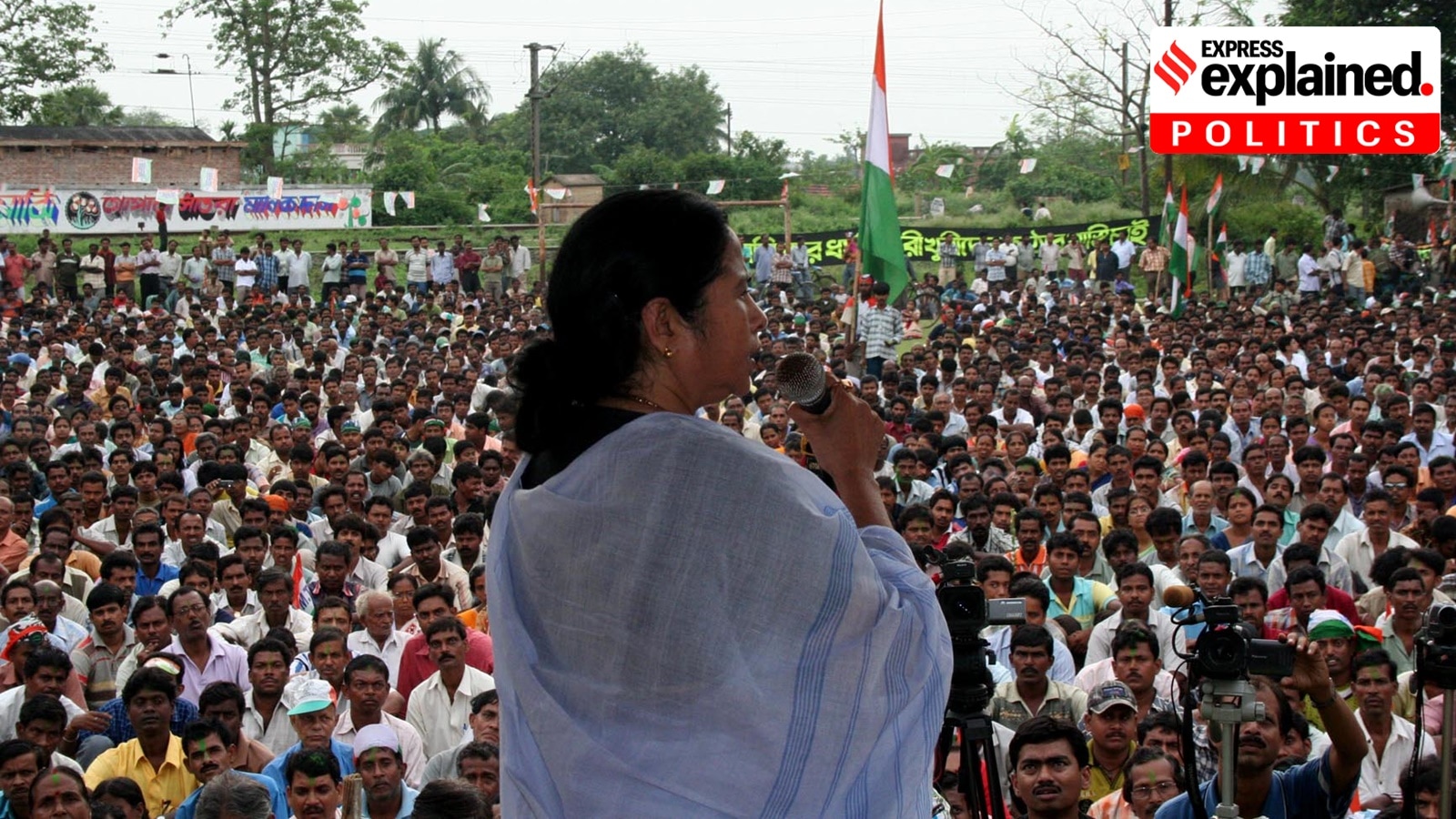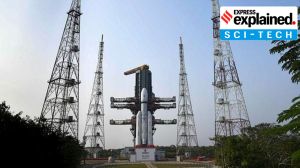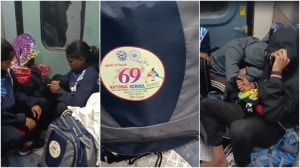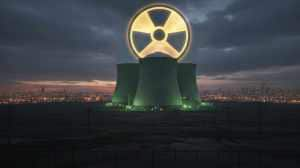Tata Motors Ltd informed the stock exchanges in a filing on Monday (October 30) that an arbitration tribunal has awarded the company “a sum of Rs 765.78 crore with interest thereon at 11 per cent per annum from September 1, 2016, till actual recovery thereof”, to be recovered from the government of West Bengal as compensation for capital investment losses in the Singur manufacturing plant.

The story of Singur and Tata Nano
The Left Front returned to power in Bengal in 2006 after winning an election it fought on the promise of industrialisation and jobs. That May, Chief Minister Buddhadeb Bhattacharjee announced that Tata would be given almost 1,000 acres to set up a plant to manufacture the Nano.
Efforts to take control of the identified land in Singur in Hooghly district, however, ran into trouble. A group of local people and small parties like SUCI(C) and CPI(ML) protested against the bid to take over the “fertile” cropland. However, the acquisition was completed, and work began on building the Nano plant.
In 2007, Mamata Banerjee began a movement against the Left Front government, and TMC cadres clashed with police and the administration in the Singur core industry area. Mamata then began a 26-day hunger strike that gained the support of prominent environmental activists.
In January 2008, Tata Motors announced the launch of the Nano at the New Delhi auto expo. Soon afterward, the Calcutta High Court upheld the land allocation to the company.
Meanwhile, Mamata continued her agitation, which gained momentum along with her other ongoing protest against land acquisition for a special economic zone in Nandigram in Purba Medinipur district. Attempts by then state Governor Gopalkrishna Gandhi to broker peace between Mamata and the government did not succeed.
Story continues below this ad
With the situation tense and stalemated, Tata Motors decided to pull the production of the Nano out of West Bengal, and made its announcement on October 3, 2008. On the invitation of Narendra Modi, then Chief Minister of Gujarat, the company took the plant to Sanand in Ahmedabad district.
Battle in High Court and Supreme Court
Mamata stormed to power in Bengal in 2011 on the back of the Singur and Nandigram movements, ending the Left’s 34-year rule. Her first Cabinet decision was to return 400 acres of land to “unwilling farmers”, and the government passed The Singur Land Rehabilitation and Development Bill, 2011.
After the state government took possession of the land in June 2011, Tata moved Calcutta High Court and, after the court declined to intervene, went to the Supreme Court. The top court asked the HC to resolve the matter and, in September, a single judge ruled in favour of the government. Tata Motors appealed, and a Division Bench of the HC declared the 2011 law unconstitutional. The West Bengal government challenged the decision in the Supreme Court.
On August 31, 2016, a Supreme Court Bench of Justices V Gopala Gowda and Arun Mishra set aside the acquisition of 997 acres in Singur by the Left Front government, and directed that the land should be returned to its owners in 12 weeks.
Story continues below this ad
“I can now die in peace,” Mamata had said after the judgment, and dedicated the “landmark victory” to the “martyrs” of the Singur movement.
The arbitration award
After the order of the Supreme Court, Tata Motors went for arbitration proceedings with the West Bengal Industrial Development Corporation Ltd (WBIDC), to claim compensation under “various heads on account of the loss of capital investments” that the company had already made when it was forced to pull out in October 2008.
In its filing with the exchanges, Tata Motors said the “pending Arbitral proceedings before a three member Arbitral Tribunal has now been finally disposed of by a unanimous Award dated October 30, 2023 in favour of TML whereby the claimant (TML) has been held to be entitled to recover from the respondent (WBIDC) a sum of Rs.765.78 crore with interest thereon @ 11% p.a. from September 1, 2016 till actual recovery thereof.
“The Claimant (TML) has also been held to be entitled to recover from the respondent (WBIDC) a sum of Rs.1 crore towards cost of the proceedings.”








































